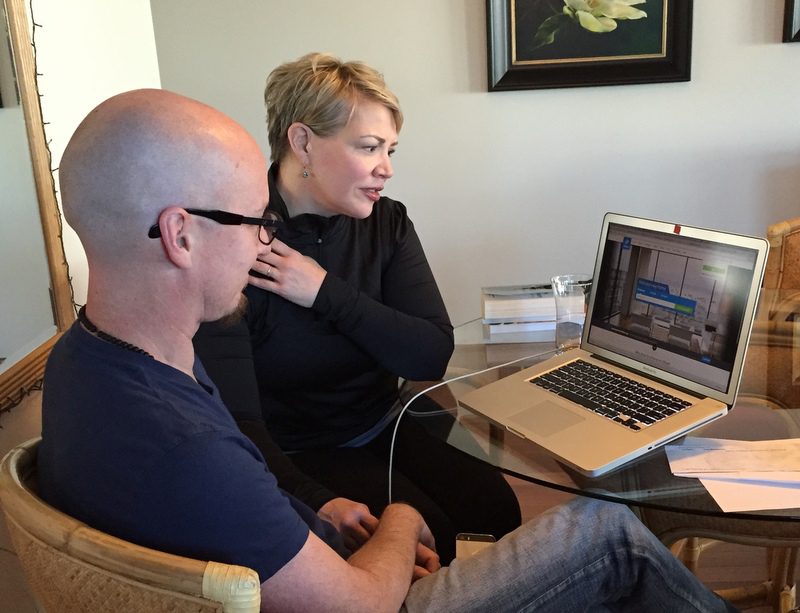Reader Question: We are starting to explore buying our first home. We have attended several open houses and spoken to several real estate agents. One of the questions we have asked is who pays the real estate commission. It is a question to which we have received different answers. In discussion with family members and friends about this question, we again have received a variety of opinions. Can you tell us which party pays the commission?
Monty’s Answer: Understandable that you are receiving different answers. In some ways, it is a question that is similar to, “Which comes first, the chicken or the egg?”
Value is a moving target
The value of any home is a negotiation that is inherent in all home sales. The definition of fair market value is what a willing buyer, fully informed, and not acting under duress, and a willing seller, fully informed, and not acting under pressure come to agree. The motivation and circumstances of both parties influence the negotiation. As an example, it is common for a buyer and seller to agree on a price, but the transaction fails to close, and the home goes back on the market. When a new buyer negotiates with that same seller for the second time, the price is often different than the amount the first buyer agreed to pay. Here is a link to an article about valuing a home at http://bit.ly/2M8EEAs.
A common example
Here is an example in which I have first-hand knowledge: A home went for sale at $398,900, and a buyer agreed to a cash offer at the full asking price. The closing failed. A year passed, and no second buyer appeared. The seller is still waiting for a second offer and has recently reduced the price to $369,000, a $30,000 swing. Only time will tell at what cost this home will sell. Had the first buyer closed, could one say that the seller paid the commission? Or had the seller added the commission to what they wanted to net? If the seller is successful now obtaining $369,000, did the seller pay the commission?
The three possibilities
Here are three possibilities; the seller pays the commission, the seller adds the commission to their price, or the buyer and seller somehow split the commission. Regardless of which opinion you choose, buried in the sale price is the commission. Homebuyers are often not aware of this because the buyer is not privy to the seller’s closing statement.
So, who pays?
When you buy a home, the moment you close, you become a future home seller. Assume that a few months pass, and an event occurs in your life that causes you to sell your home. Anecdotally, the significant reasons homes come on the market are illness, death, divorce, or job transfer. It is quite unlikely that the home’s value has increased to cover the commission you may have already paid all, or part of, once. And be prepared to pay all, or part of, a commission out of your equity again.



